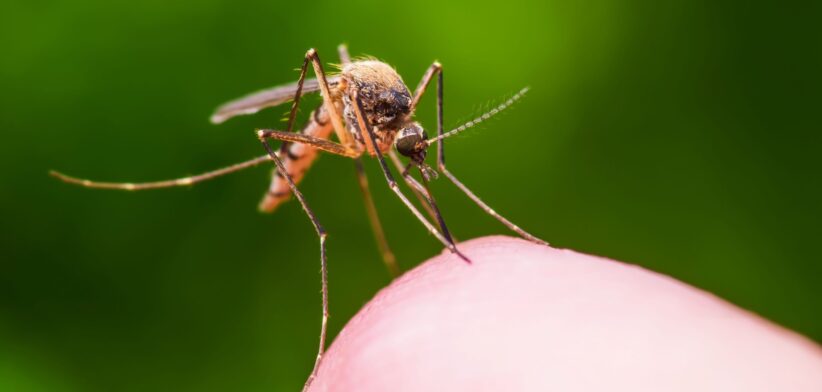A new biopesticide has been developed which can kill malaria-carrying mosquitoes that have become resistant to chemical pesticides.
Johns Hopkins Malaria Research Institute Deputy Director George Dimopoulos said the new powder, made from the dead cells of a common soil-dwelling bacterial species, had shown promising results in initial field tests.
Professor Dimopoulos said the biopesticide efficiently killed both ordinary and chemical-pesticide-resistant mosquitoes when included in standard baits.
“Even at sub-lethal doses, the biopesticide inhibits malaria transmission and makes mosquitoes more vulnerable to standard chemical pesticides,” he said.
“The encouraging findings from initial trials in western Africa suggest larger field tests could, if successful, one day lead to broad use of the new biopesticide in malaria-endemic parts of the world.”
Professor Dimopoulos said malaria, a parasitic disease spread by Anopheles mosquitoes, had long been one of the world’s top killers.
He said according to World Health Organization estimates, there were about 250 million cases and 600,000 deaths annually, mostly children under five in sub-Saharan Africa.
“Malaria vaccines have been developed, but are not broadly available or very efficient in preventing disease.
“While mosquito-killing chemical pesticides have been the most effective weapons against malaria to date, the insects have developed significant resistance to these compounds.”
Read the full study: Chromobacterium biopesticide overcomes insecticide resistance in malaria vector mosquitoes.








